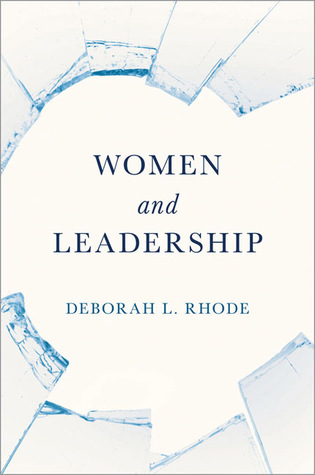 loading
loading
Arts & CultureReviews: March/April 2017Books on great cities, Christina’s World, and women and leadership.  View full imageWomen and Leadership Kathrin Day Lassila ’81 is the editor of the Yale Alumni Magazine. It can happen anywhere: a cocktail party, a PTA meeting, a conference, a train. You find yourself in friendly conversation with a stranger, male or female, and somehow the small talk edges into a discussion of whether women (or some particular woman) should really be running anything. Your amiable stranger airs a few doubts. Makes an unsupported generalization. And suddenly you are fervently wishing for a guide to the kind of hard evidence that would change this person’s mind. Look no further. Deborah Rhode ’74, ’77JD, has published a book summarizing a plethora of studies showing that women run things very well, thank you. And I do mean plethora. Women and Leadership has 92 pages of footnotes for just 138 pages of text; Rhode is a law professor at Stanford, and she’s serious about scholarship. But hers is the kind of book in which virtually every footnote flags something interesting. For instance:
An important note: Rhode is fair. She tells us, for instance, that “having more women in top management is associated with greater market revenue” and that organizations with more women on their boards have higher returns on assets and equity—but she makes it clear that association is not causality. She also speculates that firms doing well may feel freer to bring on women. The book has chapters on politics, management, law, academia, and boards. Each one looks at women’s underrepresentation, discusses possible reasons, and analyzes strategies for changing the status quo. The result is a crisper, clearer, and much more reliable guide than any self-help book. And when you next run into an opinionated stranger, you’ll be ready.
|
|